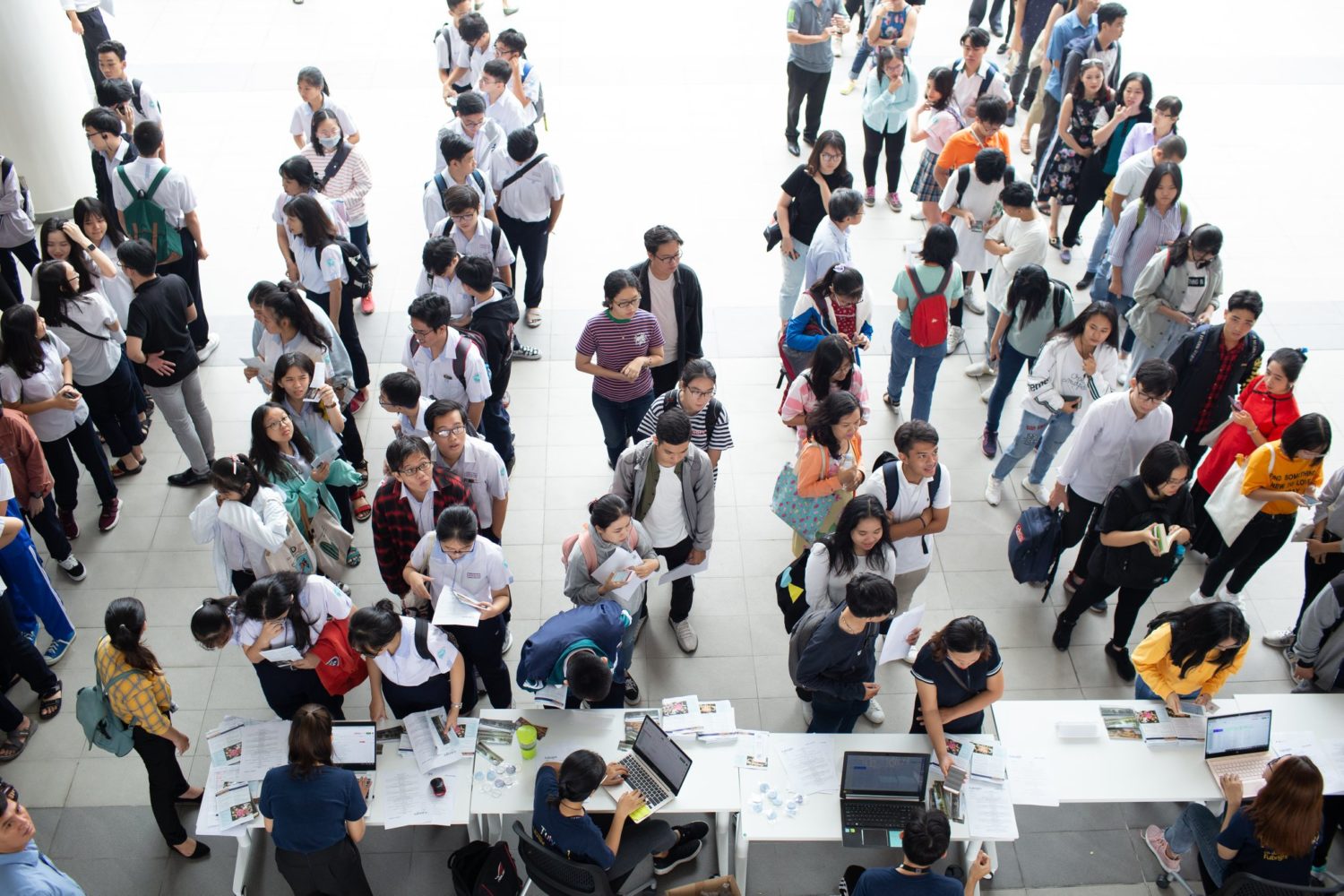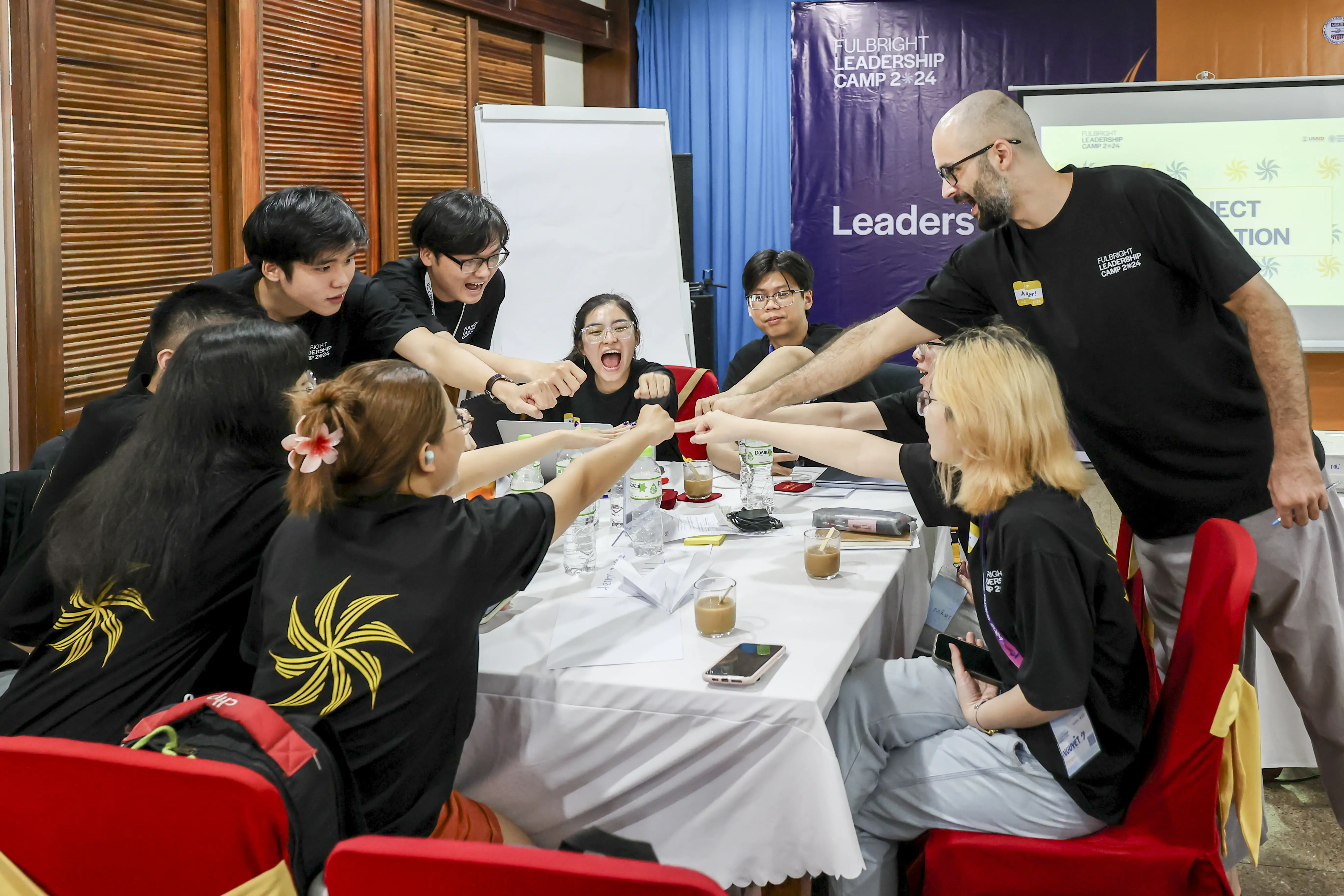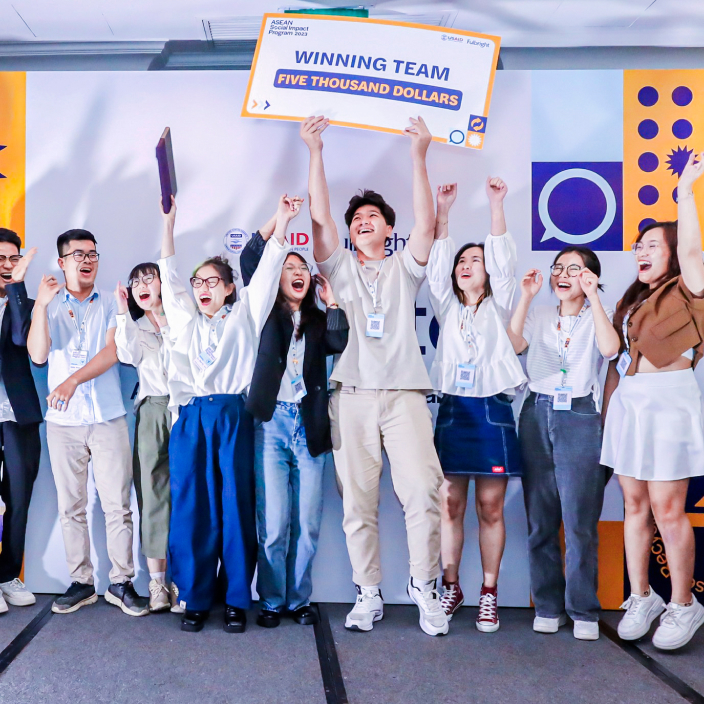
Due to my work conditions, I usually use ride-hailing apps to commute. Most of the drivers I have met are young men. On the long, tedious journeys, I often talk to them to pass the time. They didn’t hesitate to share with me their stories.
The origin version: https://viettimes.vn/xe-om-cong-nghe-va-noi-am-anh-cu-nhan-that-nghiep-368509.html
Tuan, Dat, Thanh… they all harbored ambitious dreams when they first arrived in the city to attend university. Yet they struggled to land a job after graduation, or had no choice but to do temporary, poorly paid jobs. Eventually, they went out on the streets working as motorbike drivers for taxi booking apps, just to get by while waiting for better opportunities.
“Everybody knows I can’t work like this forever. My whole family had to live frugally just so I could pay my tuition and get a degree, hoping I would have a better future so they could brag about me to the neighbors. I can’t go back home now, I have no choice but to try and make it here”, Tuan said, and his words keep echoing in my mind.
As Tuan drives hundreds of kilometers daily, shuttling through the city’s congested traffic and polluted air, his face shows the hardship he must go through. He wakes up at five in the morning, has a “bánh mỳ” for a quick breakfast and then pushes himself to work until midnight, when he drags himself back to a rented place. Somewhere in his luggage is a bachelor’s certificate in accounting and finance, hidden away like a lost dream.
When education cannot keep up with the market’s demand
Tuan, Thanh, Yen… they are not exceptions. They are among many other young adults who are working on the streets out there, representing almost two hundred thousand bachelors graduating each year who find themselves unable to secure employment.
According to the 2018 statistics from the Ministry of Labor, Invalids and Social Affairs, among 60 per cent of university graduates employed upon graduation, less than half are recruited in positions related to their academic field. Meanwhile 80 per cent of the one million hi-tech motorbike taxi drivers are students and university graduates.
On the other side of the picture, companies are starved of quality labor. Mrs. Nguyen Phuong Mai, CEO of Navigos Search – one of the top human resource consulting firms in Vietnam,says that the firm receives hundreds of requests from Vietnamese companies but are having difficulties finding qualified personnel to fill in these positions.
Many people blame this problem to the deficiency in labor market demand forecasting, which led to universities outputting graduates in specialties that the market no longer needs. However, companies are still lacking high quality staff even in “hot” sectors, such as information technology.
The press has been dwelling on the fact that when Intel announced their vacancy for 500 engineers, they could recruit only 90 competent candidates from 2000 applicants. Among them, only 40 had the English proficiency needed for the job. This is an alarming example of the gap between the market’s demand and our current training quality.
Education managers are always affirming that Vietnam’s unemployment rate is one of the lowest in the world. But numbers don’t lie. On World Economic Forum’s ranking, which assesses 140 countries and economies, Vietnam ranks 128th in terms of graduates’ competency, and 115th in terms of vocational training.
With years of working experience in strategic consulting and human resources management in many countries, Mr. Nguyen Luong Hien, Vice President of PricewaterhouseCoopers Vietnam, has frankly pointed out the fact that Vietnamese workers, despite often having solid professional knowledge, fall short compared to foreign colleagues when it comes to soft skills.
Unfortunately, these are important determinants to long-term career prospects and opportunities for promotion.

It’s high time we looked at the truth: University education has not fulfilled its duty to prepare our students for the market’s demand, especially in sectors that have high professional requirements.
“What should I study to avoid unemployment?”
This is a very earnest question that I have received at every Fulbright admission fair. Even the most experienced HR experts cannot give a concrete answer to this question, as technology is changing our world at such an overwhelming speed.
Whether we like it or not, we have to admit that no matter what we do, the knowledge we gained in school might eventually become outdated. People who studied computer programming over 10 years ago are dealing with challenges from a new world of mobile devices and applications. People who majored in advertising and marketing are facing tough competition from AI, whose analyzing and predicting tools can be unquestionably quicker and more accurate.
The future is even more vague when it is predicted that almost two-thirds of the current jobs will disappear in the next 10 years, leaving place for as many new jobs to take over.
In such world, perhaps the question of “what should I study” has become less relevant than “what can I do”. The youth nowadays needs more than just a starting point. They need a comprehensive skillset to orient in a complex and ever-changing world. With the recommendation from Navigos, a student who majored in food science landed a job as a data analyst at a US company, just six months after graduation, with a monthly salary of 80 million VND. Quoting this as an example, Mrs. Nguyen Phuong Mai explained:
“Except for a few highly specific fields, most companies pay little attention to the candidates’ academic background, as they are willing to provide on-the-spot training. What they are actually looking for is the ability to adapt and learn, a positive attitude and problem-solving skills…”.
Now more than ever, it is time we changed our traditional approach to education. Instead of focusing on delivering theoretical lessons, schools should equip their students with a foundation to think and have the right attitude to adapt to this nerve-racking, eventful and capricious life once they step out of university.
Then, and only then, can we hope for a future where young people like Tuan can put their diplomas to good use and earn a comfortable living.









